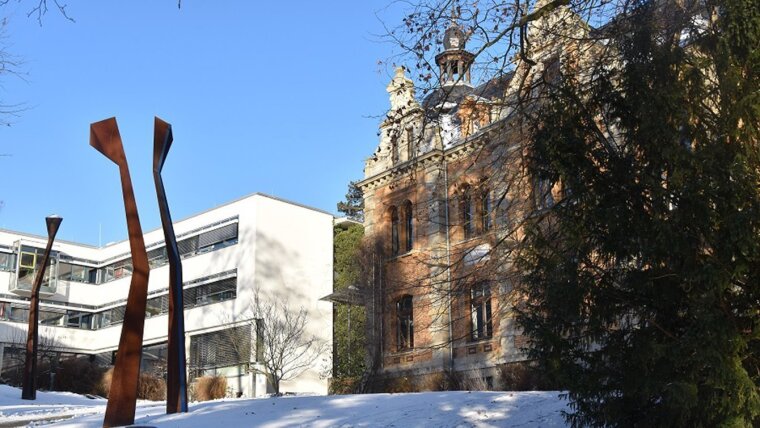
The Anthropocene entails a newly emerging necessity to orient intellectual comprehension, scientific research, and political action towards inter-operational systems behavior and the temporal processes that underlie them. Geoanthropology responds to this challenge by merging an updated version of Earth system research with cultural theories and histories of socio-material, energetic, and informational flows by forming a new transdisciplinary field. Through analytical and interpretative approaches, geoanthropology studies the various drivers, dynamics, and dilemmas that have led us onto an Anthropocene trajectory and applies these insights to cope with its further unfolding and rapid intensification. One focus is on the iterative exchange between qualitative and quantitative analysis and modeling, for instance through the formalization of selected insights from historical and social research to understand past human Earth interactions and their influence on later and future developments. Therefore, the International Max Planck Research School for Modeling the Anthropocene (IMPRS ModA) was founded in 2024 as a PhD program of the Max Planck Institute of Geoanthropology and 4 core-partners. The insights will be systematically studied with respect to their dynamical and co-evolutionary properties using models targeted at understanding the overall dynamics of the Anthropocene. PhD project are connected to one, two or all three focus topics:
- Earth system modeling - biophysical transitions in the Anthropocene
- Modeling the social challenges in the Anthropocene
- Human-environment interactions as co-evolutionary processes
The IMPRS ModA follows the aim of the joint IMPRS doctoral programs of the Max Planck Society and the German Rectors’ Conference (Hochschulrektorenkonferenz) to promote internationally particularly qualified young scientists by allowing them to conduct doctoral research provided with a curriculum covering key aspects of the Anthropocene challenge and tailored to individual needs. A thesis advisory committee ensures good supervision and career support.
Scientific Keywords
Anthropocene/Biodiversity/Climate change/Co-evolution/Deep past/ Dynamics of collective behavior/Earth system dynamics/Great acceleration/Human-Earth interaction/Interaction between the Earth spheres/Land use/Mechanisms of decision-making processes/Modeling/Regenerative practices/Technosphere/Tipping points/Uncertainty/Urbanization
Participating Faculties at University of Jena
Faculty of Arts and Humanities, Faculty of Biological Sciences, Faculty of Chemistry and Earth Sciences, Faculty of Social and Behavioural Sciences
Cooperation partners
Arizona State University (core-partner), Bielefeld University (core-partner), Friedrich Schiller University Jena (core-partner), Leipzig University (core-partner), University of Cologne, University of Potsdam, Potsdam Institute for Climate Impact Research
Preferred language
English
Current number of doctoral candidates
9, planned: 33
How can I become a doctoral candidate? What is the method of selection?
Applications for admission to the IMPRS for Modeling the Anthropocene are possible with support of a supervisor from one of the cooperation partners:
- Submission of the application form incl. work and time plan, CV and PhD project description and two letters of recommendation
- Talk and discussion in an online symposium
- Decision by the Principle Teaching Faculty on the admission
Are there fixed dates to apply?
August 2025, 2026, 2027
Are there possibilities to be funded in this programme?
The IMPRS awards financial support for travelling, material incl. hardware and software, student assistants and a longer research stay.
Interesting for graduates of the following subjects
Applicants should address the developments of the Anthropocene and should be interested in modeling. Because of the inter- and transdisciplinarity of the topic and the methods, interested graduates from a broad range of subjects are welcome, e.g. Biological sciences, Chemistry, Cultural Sciences, Digital Humanities, Earth System Sciences, Ecology, Economy, Geosciences, History, Linguistics, Land Use and Urbanization, Mathematics, Physics, Social sciences
Degree
PhD / Dr. (eligible according to the PhD student’s wish and according to the doctoral examination regulations of the respective faculty).
Contact
Dr. Bettina Bock
E-Mail: nachwuchs@gea.mpg.de
Website: https://www.gea.mpg.de/118423Externer Link